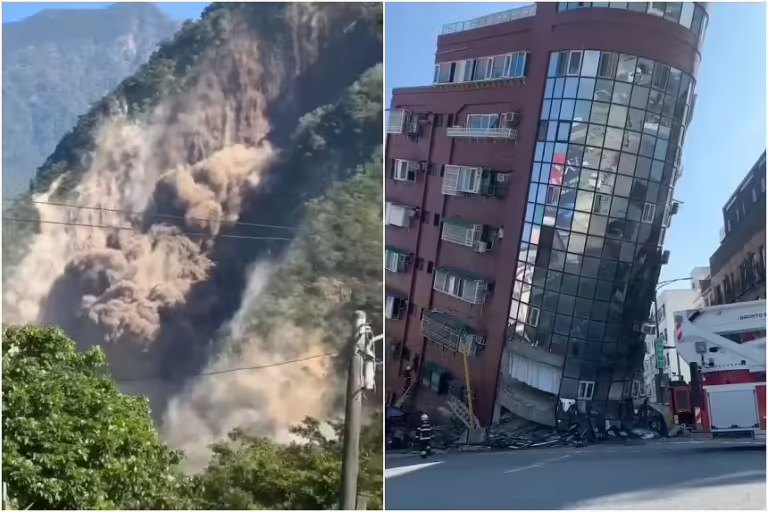
In a grim turn of events, 120 incubator babies in Gaza are now at severe risk due to Israel’s decision to cut fuel supplies to the region, as warned by the United Nations. The move threatens the lives of fragile newborns and underscores the dire consequences of ongoing political tensions in the Middle East.
Gaza, a small and densely populated strip of land on the eastern Mediterranean coast, has been under a blockade for over a decade, leading to a severe shortage of essential supplies, including fuel. These shortages are exacerbated by political tensions and conflicts in the region, putting the lives of many vulnerable individuals at risk.
The recent decision by Israel to cut fuel supplies to Gaza has immediate and life-threatening implications. Incubators, which are vital for the survival of premature infants, require a stable supply of electricity to function. When the electricity supply is unreliable, as it often is in Gaza, the consequences can be catastrophic. Premature infants are particularly susceptible to temperature fluctuations, and without adequate heating or cooling, their health deteriorates rapidly.
The United Nations has expressed grave concern over this situation. Jamie McGoldrick, the Humanitarian Coordinator for the occupied Palestinian territory, stated, “The lives of 120 infants who rely on incubators are at risk due to the fuel shortage. This is a critical situation that requires immediate attention and intervention.”
The fuel shortage in Gaza is not a new issue, but its impact on vulnerable infants underscores the urgent need for a comprehensive and long-term solution. Humanitarian organizations have been working tirelessly to mitigate the effects of the blockade and the periodic fuel shortages, but the situation remains precarious.
The root causes of this crisis are deeply embedded in the complex and protracted Israeli-Palestinian conflict. The blockade of Gaza, imposed by Israel and Egypt in response to the Hamas takeover of the region in 2007, has had severe economic, social, and humanitarian consequences. It has led to high levels of unemployment, poverty, and inadequate access to essential services, including healthcare.
The severe impact on healthcare services, particularly in the neonatal and pediatric departments, is evident. Hospitals in Gaza have been struggling for years with shortages of medicines, medical equipment, and skilled personnel. The shortage of fuel further exacerbates these challenges, as hospitals rely on generators to maintain electricity supply during power cuts, which are frequent.
Gaza’s health system was already stretched to its limits before the fuel shortage, and this latest crisis further threatens the lives of its most vulnerable citizens. Premature infants, who require specialized care and constant monitoring, are now at a heightened risk of complications and even death due to the lack of electricity to power the essential medical equipment.
The situation in Gaza is a stark reminder of the importance of addressing the broader political and humanitarian challenges in the region. A sustainable solution to the Israeli-Palestinian conflict is desperately needed to ensure the well-being of the people in Gaza and the broader Middle East. International diplomatic efforts must be reinvigorated to bring all parties to the table for peaceful negotiations and to address the root causes of the ongoing crises.
In the immediate term, humanitarian organizations, governments, and the international community must work together to alleviate the suffering in Gaza. Urgent measures, including the provision of fuel and medical supplies, should be implemented to save the lives of the 120 incubator babies and countless others in need of essential healthcare.
The situation in Gaza is a distressing illustration of the human cost of political conflicts and blockades. The lives of the most vulnerable, including newborns in incubators, hang in the balance. The international community must act swiftly and decisively to prevent a further tragedy in the region and to pave the way for a more peaceful and stable future for all those affected by the ongoing crisis in Gaza.





















+ There are no comments
Add yours